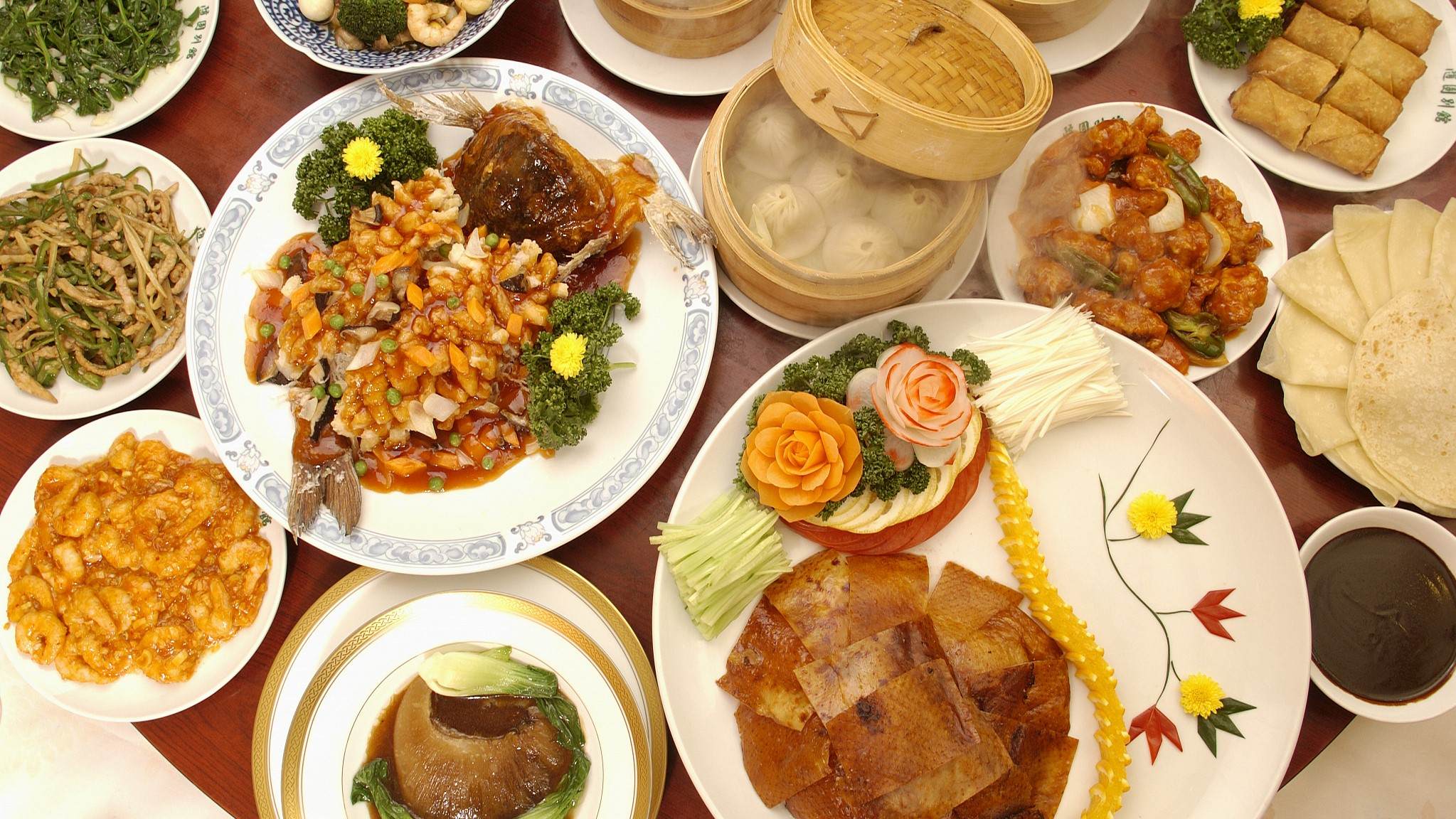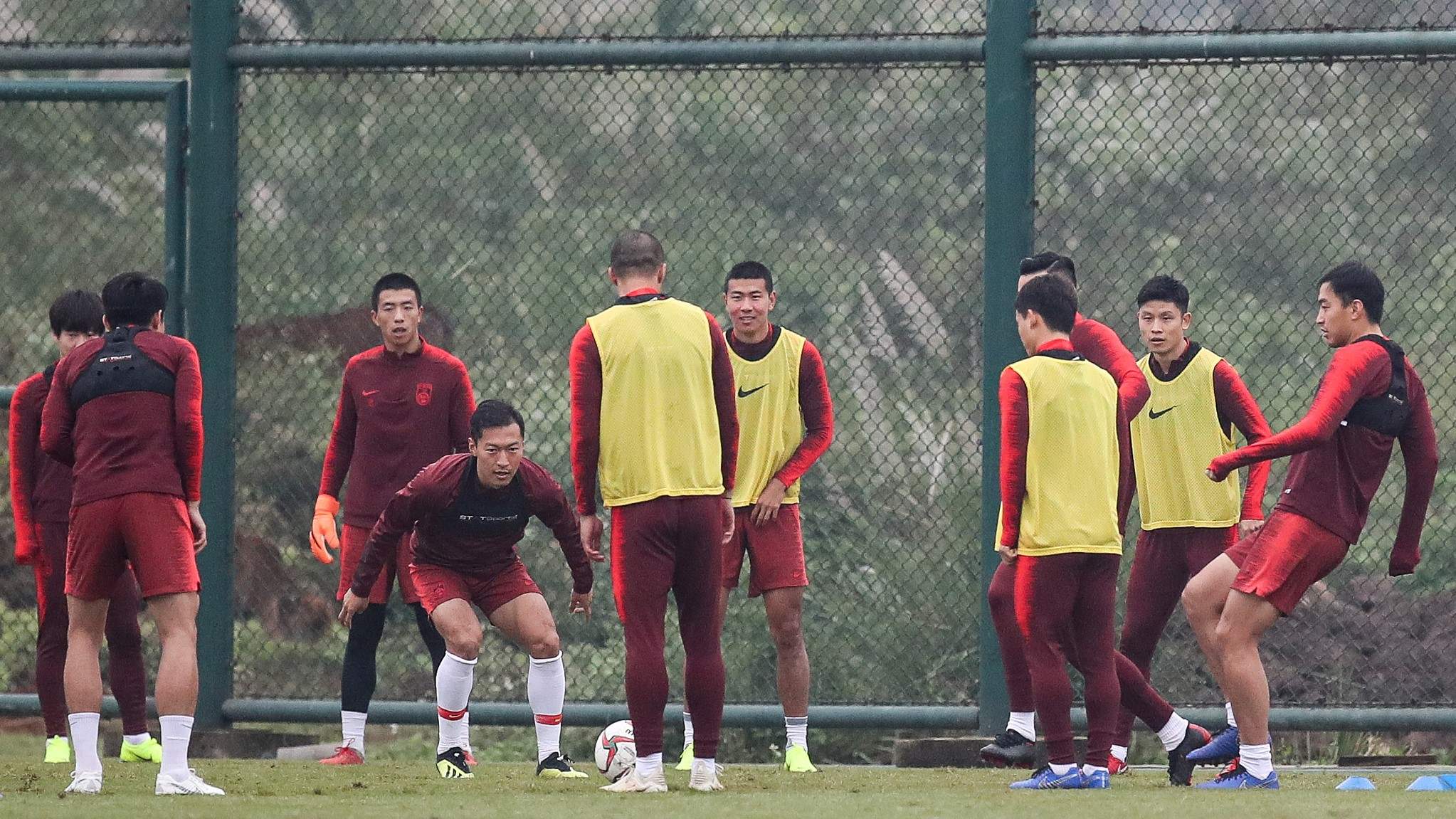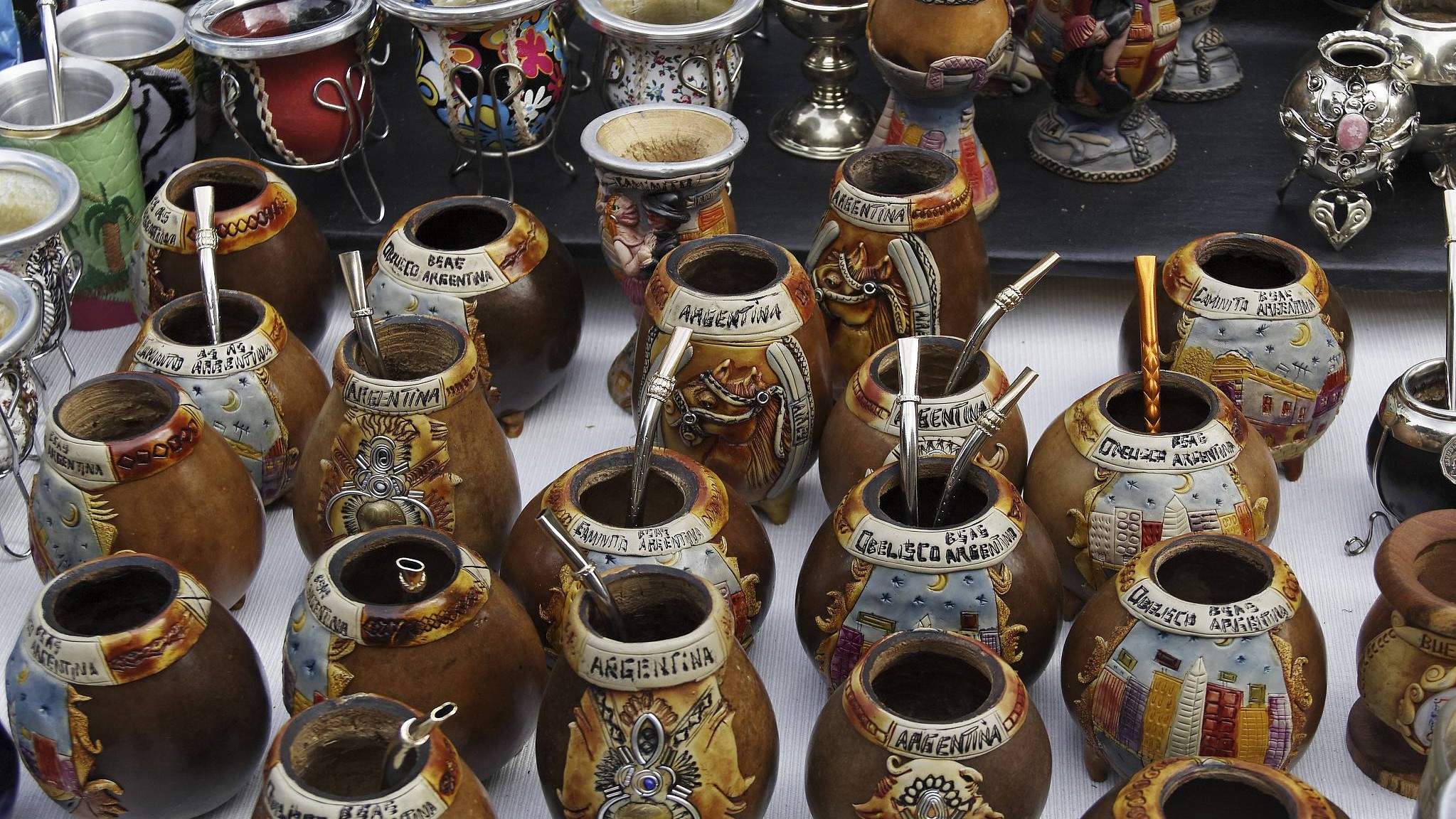
Soccer
20:18, 13-Dec-2018
China's national soccer team hires Chinese chefs for Asian Cup trip
Updated
19:45, 16-Dec-2018
Li Xiang

The Chinese men's national soccer team, which is currently training in south China's Hainan Province, will employ Chinese chefs on a trip to Doha, Qatar, and the United Arab Emirates (UAE) to ensure that players eat well, Tencent Sports reported on Thursday.
As part of the preparation for the 2019 Asian Football Confederation (AFC) Asian Cup less than a month away in the UAE, Team China will train in Doha to give players a chance to acclimate to the Middle Eastern climate.

Chinese men's national soccer team train in south China's Hainan Province. /VCG Photo
Chinese men's national soccer team train in south China's Hainan Province. /VCG Photo
Since the food options in Qatar and the UAE differ greatly from those in China, the team has hired two chefs who will work at a local hotel in Doha to ensure that players eat not only the hotel buffet, but also authentic Chinese food during their stay in Qatar.
The chefs will cook Chinese dishes for the players every day when they arrive in the UAE. Compared to the 2015 AFC Asian Cup in Australia when team leaders had to work in the kitchen, this is a massive improvement.

Argentina and Uruguay brought mate tea for their players during the 2018 FIFA World Cup in Russia. /VCG Photo
Argentina and Uruguay brought mate tea for their players during the 2018 FIFA World Cup in Russia. /VCG Photo
Employing chefs to cook national dishes for players is quite common in the soccer world. At the 2018 FIFA World Cup in Russia, multiple teams, including England, Germany and South Korea not only brought chefs but also transported tons of food and drinks from home. Argentina and Uruguay even brought a lot of mate tea to quench their players' thirst.
The 2019 Asian Cup runs from January 5 through February 1, 2019. Having been selected in Group C, China will meet Kyrgyzstan on January 7 before playing against the Philippines on January 11 and the biggest opponent, South Korea, on January 16.

SITEMAP
Copyright © 2018 CGTN. Beijing ICP prepared NO.16065310-3
Copyright © 2018 CGTN. Beijing ICP prepared NO.16065310-3